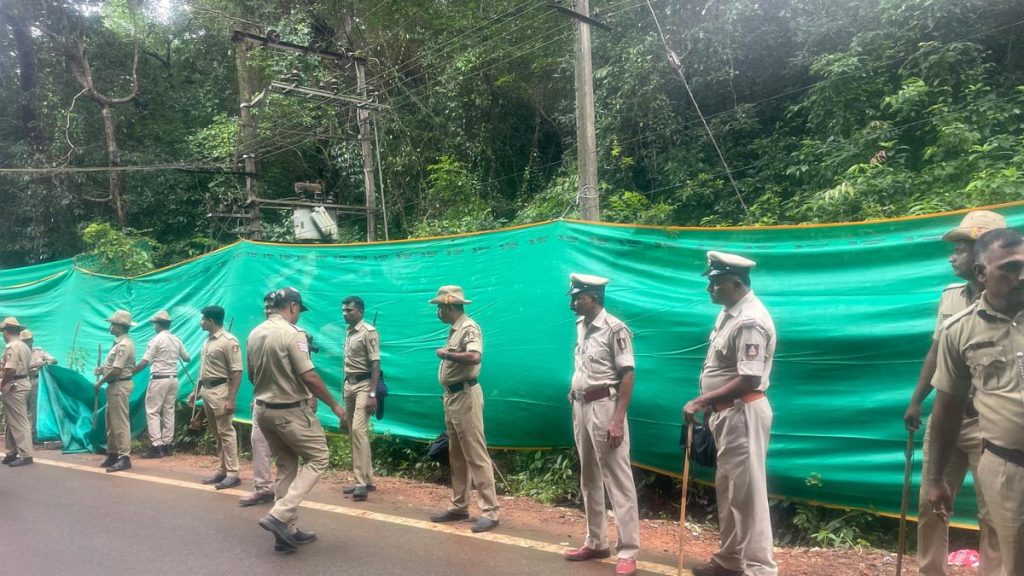Now Reading: Punjab Panel Invites Public Input on Anti-Sacrilege Bill via WhatsApp, Email
-
01
Punjab Panel Invites Public Input on Anti-Sacrilege Bill via WhatsApp, Email
Punjab Panel Invites Public Input on Anti-Sacrilege Bill via WhatsApp, Email
Quick Summary
- Public Consultation: Punjab Assembly’s select committee on the anti-sacrilege bill invites public suggestions via WhatsApp and email until August 31. Suggestions can also be submitted through MLAs, by post, or in person.
- Contact Details: WhatsApp: 8054495560; Email: secy-vs-punjab@nic.in or pvs.legislation@gmail.com.
- Committee Details: A 15-member panel chaired by MLA Inderbir Singh Nijjar was formed to gather feedback and will submit its report within six months after broader consultations.
- Bill Overview: The Punjab Prevention of Offences Against Holy Scripture Bill, 2025:
– Introduced on July 14, referred to the select committee unanimously by the Assembly on July 19.- Proposes strict punishment for sacrilege acts against scriptures such as Guru Granth Sahib, Bhagavad Gita, Bible, and Quran.
– Penalties range from a ₹5 lakh fine up to life imprisonment for desecration; attempted offences may result in up to five years imprisonment and fines up to ₹3 lakh.
Read More: Link
Indian Opinion Analysis
Seeking public input via digital platforms demonstrates an inclusive approach toward legislation addressing sensitive cultural issues like sacrilege. By opening consultations with religious bodies, civil society members, NGOs, and intellectuals across diverse constituencies until August 31st-a relatively ample timeframe-the committee aims at achieving collective consensus.The proposed penalties under this bill reflect an intention to deter deliberate disrespect towards sacred texts central to India’s pluralistic fabric. However, implementation challenges may arise due to subjective interpretations of sacrilegious acts or procedural ambiguities-underscoring the importance of clear guidelines in enforcement mechanisms. With societal harmony as the goal amid potential controversies surrounding faith-based justice frameworks like this one-the final outcome could have far-reaching implications governing freedom of expression versus preservation of cultural sanctity.
This participatory legislative process sets a precedent that could perhaps strengthen India’s democratic ethos while navigating complex intersections between legal accountability and social values.























